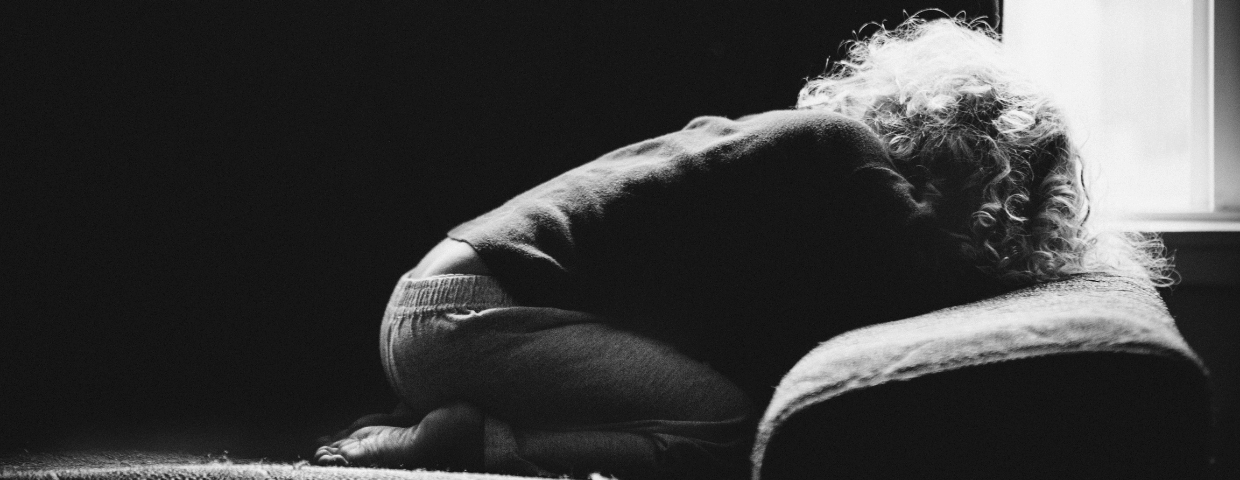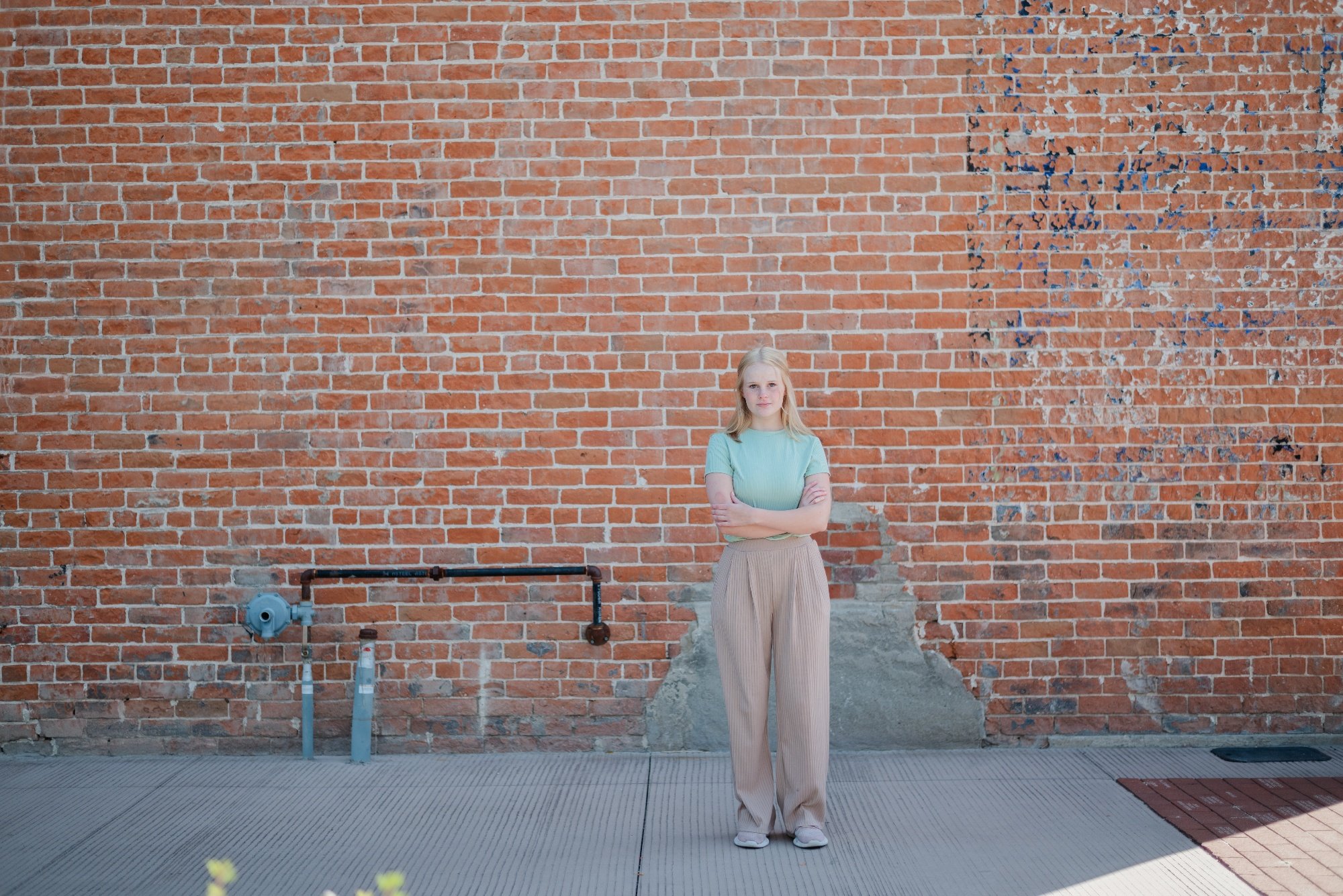Idaho Youth Ranch
Subscribe to our blog
%20(1).png?width=907&name=Untitled%20design%20(50)%20(1).png)
One of the many approaches we take at Idaho Youth Ranch is a form of therapy called Dialectical Behavioral Therapy (DBT).
This is a “skills-based” approach to helping young people learn how to manage and regulate their emotions, which helps them build relationships, cope with stress, and improve communication skills.
There are over 120 skills we teach kids and parents in this form of therapy, but one of the most important and relevant in the COVID-19 crisis is “radical acceptance.”
What is Radical Acceptance?
Radical acceptance is all about accepting life on life’s terms and not resisting what you cannot change.
Here is the concept. Imagine that you were up for a promotion. You were qualified for the job, you nailed every interview, and the hiring manager gave you every reason to believe you were a shoo-in for the position. Then you find out that at the last minute, a different candidate got the job. Maybe it was unfair or maybe the candidate was truly more qualified, but either way you feel disappointed and frustrated.
Radical acceptance is about recognizing that you have no control over the situation. Even though you may not like the outcome, you are at peace with it.
Easier said than done, right? Yes, but it is possible for everyone, even kids, to practice radical acceptance.
Teaching people from a young age how to handle stressful situations over which they have no control, like COVID-19, is a way of preparing them for the future. Life will always have situations that are unfair, uncontrollable, or difficult. Radical acceptance is the ability to handle these situations with peace and mindfulness so you can make the best next move for yourself.
The Difference Between Accepting and Approving
Many people think that accepting a situation for what it is means the same as approving of it. In our example about the promotion, let’s say the person who got the job was much less qualified but they got it because they are golfing buddies with the boss.
Such a situation is unfair and biased. You would have every right to be outraged. If a situation is unacceptable, why should you accept it?
A person who practices radical acceptance understands that accepting the situation gives you power over it and is not the same as approving of it.
What’s the difference?
A person who does not accept the reality of a situation will struggle to handle it well. You might storm into the boss’s office to give them a piece of your mind only to find yourself without a job.
Accepting that you had no control over that situation lets you have a clear mind and make a smart decision about what to do next—should you ask the boss about other opportunities that might be available to you or maybe look for a new job? Accepting the situation, even if you don’t like it, gives you options.
What does that mean for kids and teens experiencing COVID-19?
COVID-19 is the ultimate example of a complex, stressful, unfair situation that you cannot control. You couldn’t ask for a better setting to teach your kids and teens about radical acceptance.
How?
Start by recognizing the emotions tied to COVID-19. For many kids, the biggest stressor of COVID-19 is the added stress on their parents and/or caregivers. For many kids, being out of school or doing online school is a neutral experience or even a positive one. The exception are kids who were set to graduate this spring (check out our blog on the Class of 2020).
Naming your emotions and calling them out gives you power over them. This is called mindfulness and is an important goal of DBT.
How to Practice Radical Acceptance
There are two key steps in radical acceptance: acknowledging your lack of control and accepting things for how they are. Next, we'll cover these steps in the context of COVID-19.
1. Acknowledge You Have No Control Over the Situation
COVID-19 is a global pandemic. No one person has the power to change or stop the situation. All you can do is control your actions, your choices, and your thoughts. Acknowledging that the situation is bigger than you lets you decide how you want to respond to it. Will stockpiling a decade’s worth of toilet paper keep you safe from a respiratory illness? Nope. Will treating your friends and neighbors like you’re the only person experiencing a reality shift help? Again, that’s a negative.
What you can control is how you maintain social distancing, wash your hands and limit your trips out of the house.
For your kids, let them make their own schedule for how they want to manage the online school. Let them decide when they take a break or go for a walk. Ask them what kind of family activities they want to do (check out our blog on family activities for ideas).
2. Accept the Reality
It is a very human tendency to reject a reality because you don’t want it to be true. The best example of this is during grief, when people try to deny that someone they love is gone.
In COVID-19, many kids are coming to grips with the fact that they will not see their friends again for an indeterminate length of time or that they will not get the chance to graduate or go to prom.
Radical acceptance helps you accept the situation for what is so you can deal with it on level footing.
Like with grief, you cannot heal from it until you accept it.
Ongoing Practice: Developing Radical Acceptance
The fact is, radical acceptance is a difficult skill to learn and it takes lots of practice. Even adults who have practiced for years hold on to anger and grief. It takes time to learn, so give your kids some grace and help them by modeling the practice.
Here are a few things parents can do to help kids develop radical acceptance:
- Ask them to name their emotions and what the biggest “root cause” to their feelings is.
- Do not try to solve the problem or trivialize what they feel. Just listen.
- Ask them what would help them cope.
- Use questions to help them identify what they can control or do in the situation.
- Remind them that helping others is often a great way of taking control.
- Remind them that they are not alone and that you are there for them.
Check out this great article in Psychology Today about Radical Acceptance.
If your child is struggling, we can help. Click the button above to contact us.






Leave a Comment